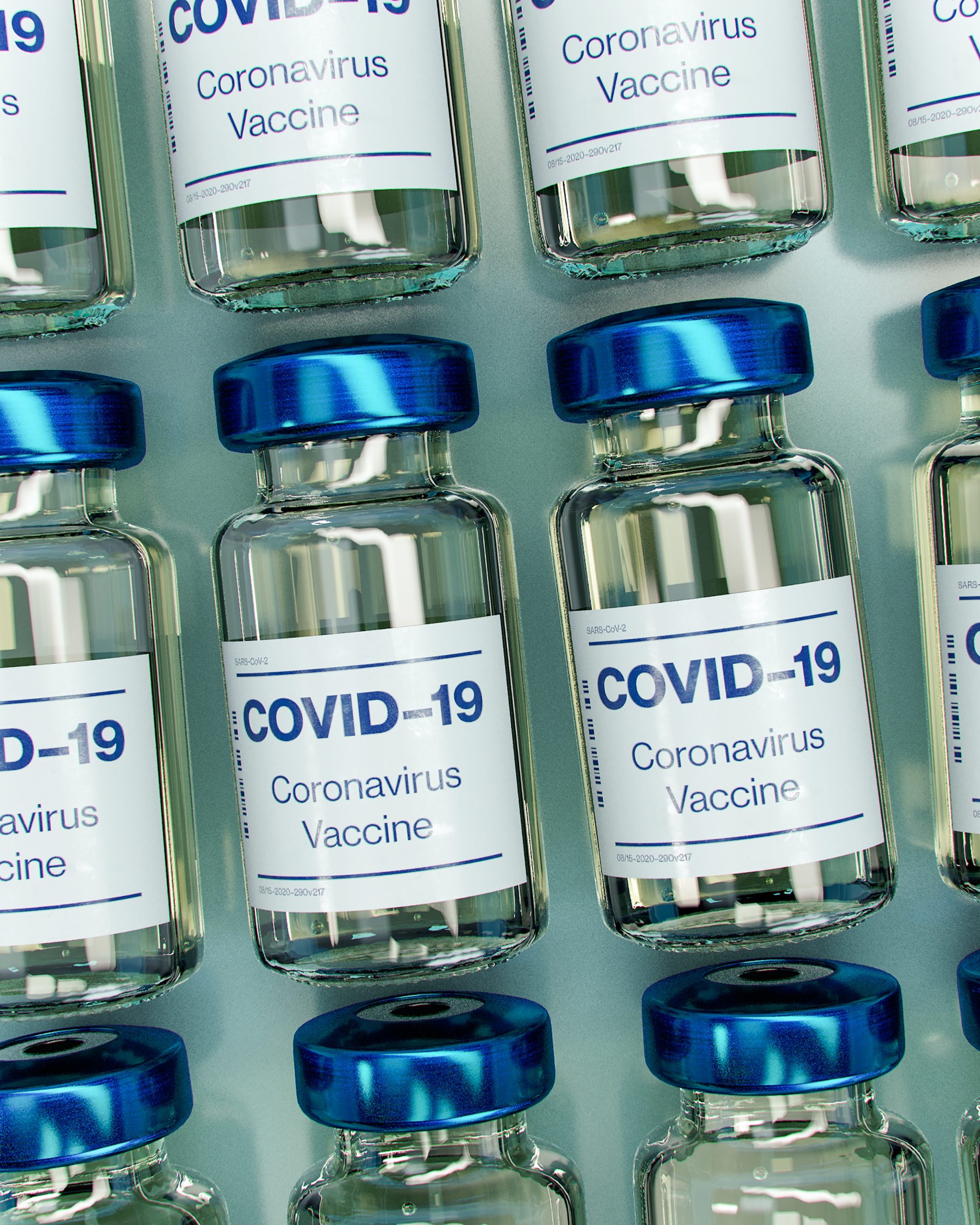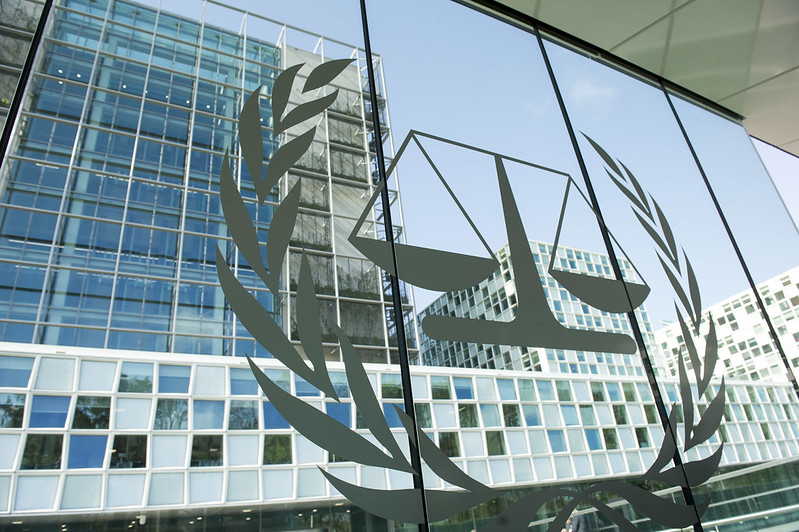Counterterrorism measures do not prohibit the provision of medical assistance – including vaccinations – or engagement with members of ‘terrorist’ groups in order to do so.
This post was originally published by Chatham House.
According to ICRC estimates, some 66 million people currently live in areas controlled by organized armed groups, beyond state control. Frequently displaced, malnourished, deprived of access to medical care and adequate sanitary facilities, and often living in overcrowded settlements or accommodation, they are among the most vulnerable to COVID-19.
‘No-one is safe until everyone is safe’ has been the WHO director-general’s mantra throughout the COVID-19 pandemic. What does this mean for the provision of vaccines to people living in areas under the control of armed groups?
Their entitlement to the vaccine is undisputed as a matter of international law. The right to health requires states to take measures to prevent, treat and control epidemics, including by providing immunization without discrimination.
Concurrent obligations
This obligation continues even if organized armed groups control parts of the state’s territory. In such circumstances, the state and the group have concurrent obligations. Since the start of the pandemic, various organized armed groups have taken steps to contain the spread of the virus in areas under their control.
It is a foundational principle of international humanitarian law that in situations of armed conflict, the wounded and sick are entitled to receive – to the fullest extent practicable and with the least possible delay – the medical care they require. In a pandemic, this can be argued to include a vaccine.
Primary responsibility for providing medical care lies with the party to the conflict under whose control people find themselves. If that party – whether a state or armed group – is unable to provide the necessary care, offers can be made to conduct impartial humanitarian relief operations, including immunizations. Although state consent is required, it is hard to imagine any permissible ground for withholding it, particularly since the state continues to have human rights obligations towards the population under the control of armed groups.
Although it is the state that will be in a position to acquire vaccines – including for people in areas controlled by armed groups – neither side must impede or interfere with the administration of the vaccines to people in those areas. Instead, while entitled to impose technical arrangements, including to contain the spread of the virus, both sides must facilitate immunization operations.
In the past, states and organized armed groups have found ways of ensuring access to healthcare in areas controlled by such groups. In Sri Lanka, for example, the government continued to operate healthcare facilities in areas controlled by the Liberation Tigers of Tamil Eelam (LTTE). In other contexts, government health teams accompanied by ICRC staff have carried out vaccinations in areas controlled by armed groups.
Counterterrorism measures and the provision of vaccines
In addition to the roles and obligations of the parties to the conflict, it is also important that counterterrorism measures adopted by third states do not impede the provision of vaccines.
Some of the armed groups with territories under their control have been designated as terrorist under international and domestic counterterrorism measures. These include Al Shabaab in Somalia, Boko Haram in Nigeria, Al Qaeda affiliates in Yemen, Syria and elsewhere, and Hamas in Gaza.
While these measures prohibit making funds and other assets available to such groups, they do not prohibit the provision of medical assistance. Nor do they prohibit engagement with their members in order to provide such assistance. This would be contrary to international humanitarian law.
But there are unduly onerous restrictions and requirements in some funding agreements, such as those imposed by some donors in contexts where Islamic State of Iraq and Syria (ISIS) affiliates operate, including Nigeria, the Lake Chad basin, Syria and Iraq. Such measures could prevent the provision of life-saving medical assistance, which would be in violation of international humanitarian law, the humanitarian principle of neutrality, and medical ethics.
Ensuring access to vaccines
When governments, the pharmaceutical industry and intergovernmental organizations discuss the production and availability of COVID-19 vaccines, the needs of people under the control of organized armed groups must be taken into account at each step of the process: equitable allocation, purchase, funding, distribution, and administration of the vaccine.
During discussions on equitable vaccine allocation, including the COVAX initiative, state applications and quotas must include populations under the control of armed groups. As the states in question are unlikely to be able to cover the costs of the vaccines, multilateral and bilateral support by donors must also include these populations – in fact, developing and implementing non-discriminatory vaccination programmes could be a condition of financial support.
In parallel, there must be a dialogue between affected states, humanitarian organizations, donors and organized armed groups to develop and implement appropriate vaccination arrangements to ensure people who are already suffering from conflict, displacement and terror are not deprived of vaccines.
Emanuela-Chiara Gillard is a Senior Research Fellow at ELAC & Associate Fellow, International Law Programme, Chatham House.




